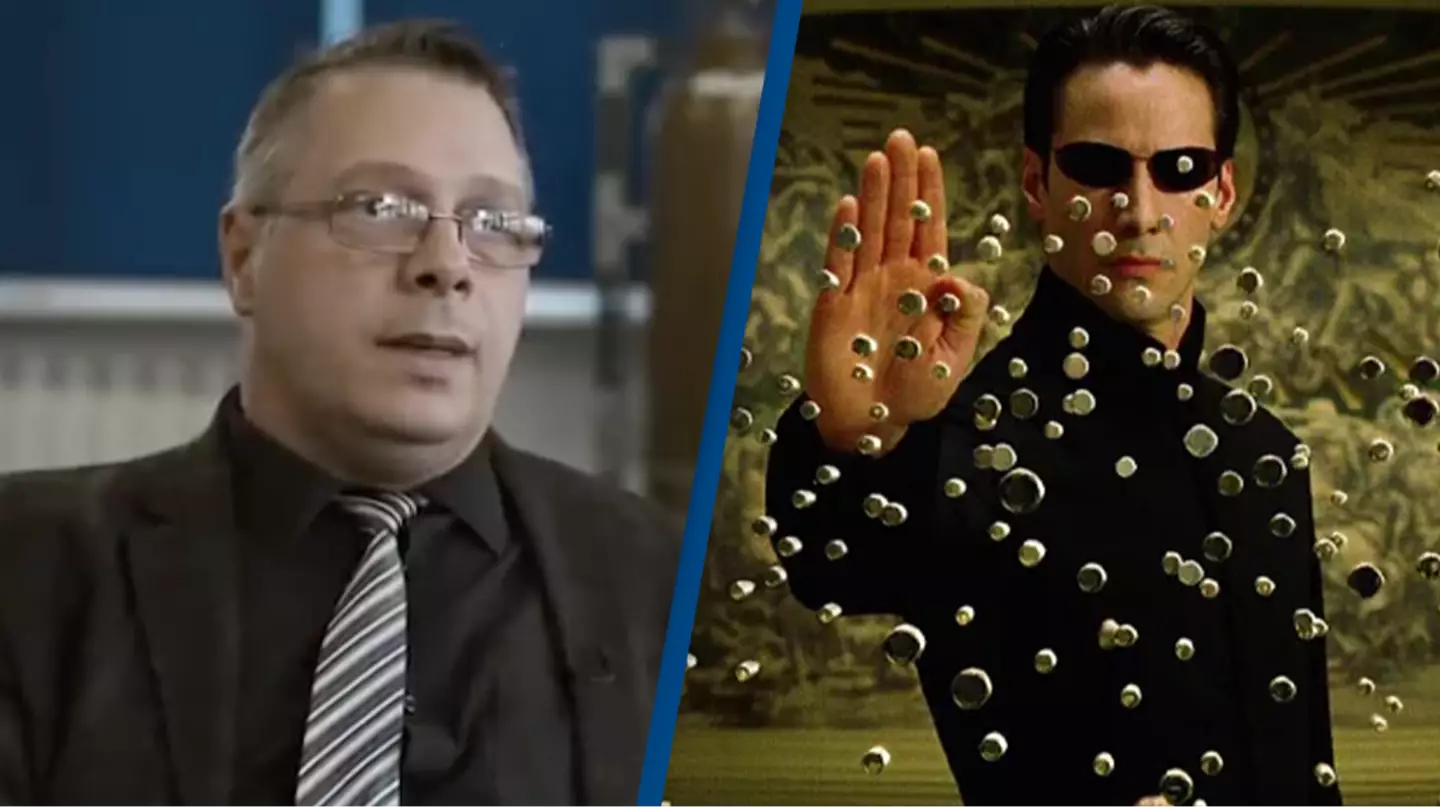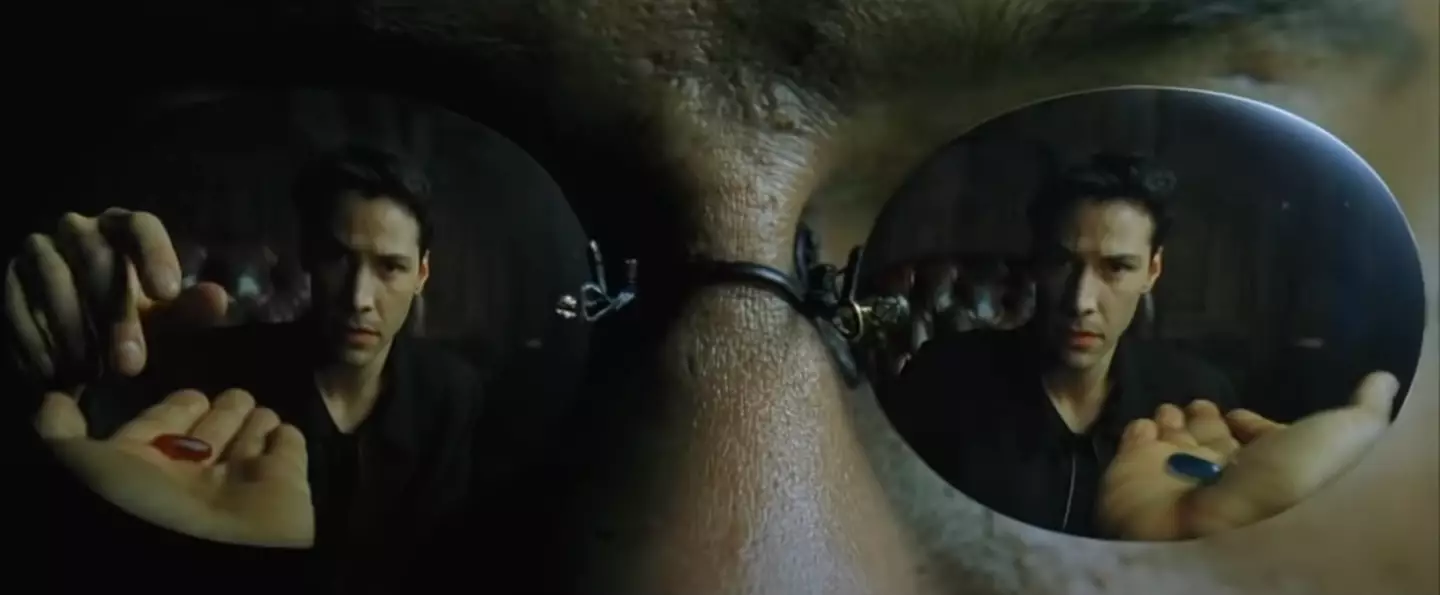
Have you ever felt like something is not quite right?
In the words of Morpheus from The Matrix, 'What you know you can't explain, but you feel it. You've felt it your entire life'.
And one scientist from the University of Portsmouth has taken the red pill, claiming to have evidence that we could indeed be living in a 'virtual reality simulation'.
Advert
Physicist Melvin Vopson has claimed that the way the universe is ordered is as streams of information, and patterns and symmetry mirror what you might find in a computer programme.
He told MailOnline: "My studies point to a bizarre and interesting possibility that we don't live in an objective reality and that the entire universe might be just a super advanced virtual reality simulation.
"To put it simply, everything appears to evolve to an equilibrium state where the information content is minimal.
"Such behaviour is fully reminiscent of the rules deployed in programming languages and computer coding.

"Simulating a super complex universe like ours would require a built-in data optimisation and compression mechanism in order to reduce the computational power and the data storage requirements to run the simulation."
The professor then went on to claim that we see evidence of this 'data optimisation' around us all the time in things in other scientific systems such as biology, atoms, and mathematics.
That being said, even he gave a caveat that this is not 'definite proof' but rather 'underpins the simulated universe theory'.
The professor also admitted that the theory has 'attracted a fair share of skepticism' and a part of his hypothesis is to suggest an alternative source of the elusive fifth state of matter.
The consensus on this is that it is the Bose-Einstein condensate, where extremely cold atoms clump together and behave as though they were a single entity.
But Professor Vopson has taken a different route, arguing that information itself could actually have some form of mass or way of affecting the universe around us.

He even claims that it could be the elusive 'dark matter' which makes up almost one third of the entire universe, but we still don't know exactly what it is.
Professor Vopson has previously suggested that we could be heading for an 'information catastrophe', which is where the maximum possible amount of digital information has been created and the maximum power needed to sustain it.
And in 2022, he discovered a new 'law of physics' which could predict genetic mutations in organisms, like viruses, to help judge possible consequences.
It is based on the second law of thermodynamics which states that a measure of disorder in an isolated system can only stay the same or increase.
It's an interesting theory to say the least.
The real question though, is if the world is a simulation, can we all learn kung-fu really fast or fly?
Because if not, then what's even the point, frankly.
Topics: News, UK News, World News, The Matrix, Science
